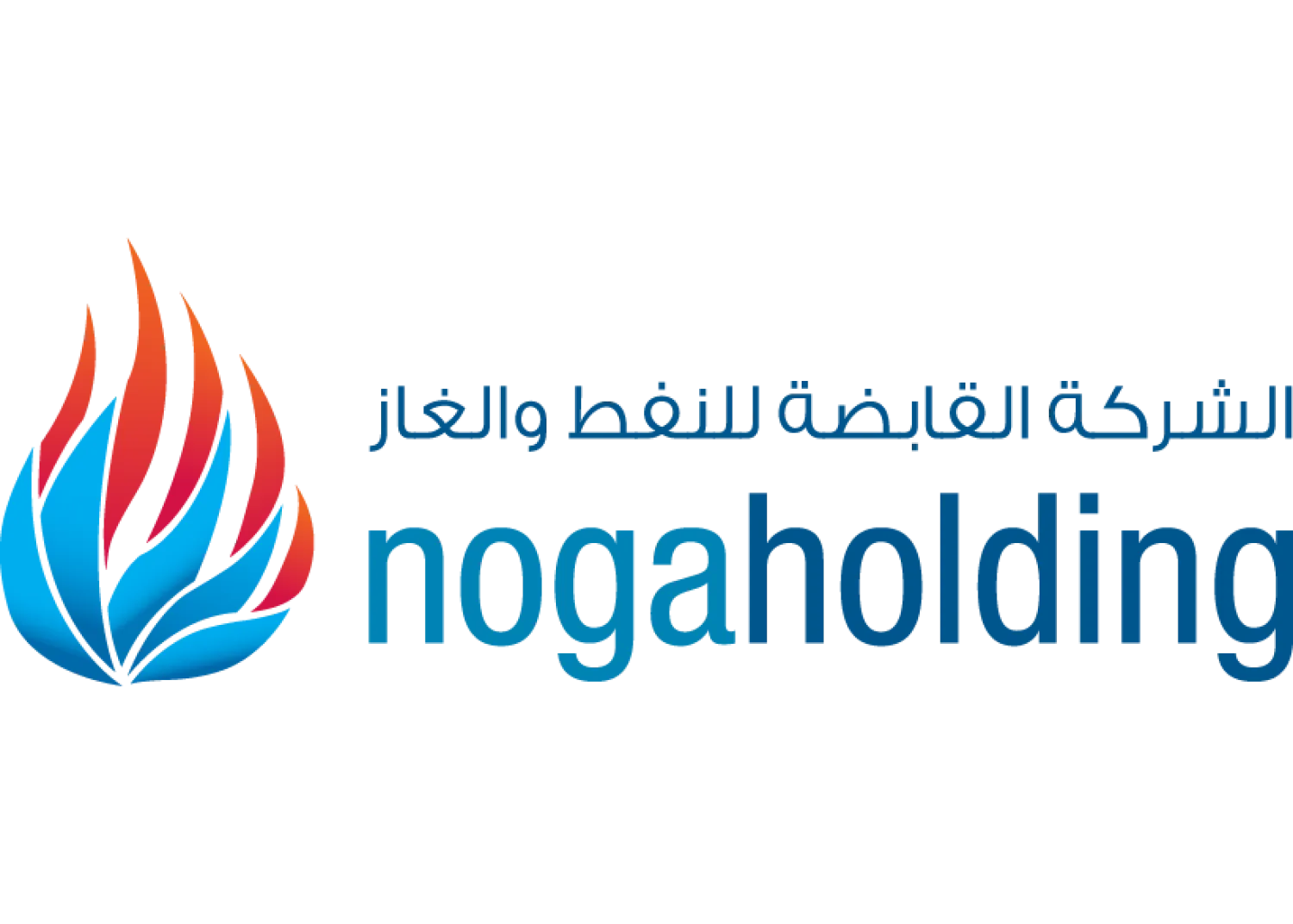The Council of Representatives in the Kingdom of Bahrain submitted an urgent proposal to the Bahraini government to rethink the fuel price hike only a day after its approval.
The Council held its 15th weekly meeting Tuesday and allocated part of it to discuss the hike in gasoline prices, which some MPs considered sudden, especially after the National Oil and Gas Authority (NOGA) announced readjusting fuel prices for 2018 and raising them 12 and 25 percent.
Sheikh Khalid bin Abdullah Al Khalifa, Deputy Prime Minister and Chairman of the Ministerial Committee for Financial Affairs and Control of Spending, said that the coming days will witness a number of coordination and consultative meetings with the legislative authority aimed at restructuring the support and directing it to the beneficiaries from Bahraini families and citizens.
First Deputy Speaker Ali Abdulla al-Aradi chaired the parliament session.
The urgent proposal was submitted by MPs Isa Turki, Abdulrahman Boumjeed, Dheyab al-Nuaimi, Ali al-Muqla and Mohammed al-Emadi.
“The decision to raise prices was surprising,” Aradi told Asharq Al-Awsat, adding that the Council agreed with the government to gradually reduce subsidy on many goods and services, including gasoline.
He said that the deputies agreed on the government request to cancel the decision to increase the price of gasoline and find a way to support the Bahraini citizens, especially those with limited income.
"The council called upon the government to provide support to Bahrainis with limited income, especially in the field of energy," Aradi added, explaining that Bahrain's production of oil is limited and 80 percent of the revenues of the public treasury comes from oil.
It is therefore is necessary to ration subsidy it so that the social class, which deserves to be benefit from it, is not affected by such decisions.
“There is cooperation between the legislative and executive authorities, and the government always takes the council’s proposals into consideration,” he said.
After the NOGA’s increase in fuel prices, the cost of Mumtaz (95 octane) petrol rose from 160 fils to 200 fils per liter and Jayyid (91 octane) fuel rose from 140 fils per liter from the previous 125 fils.









